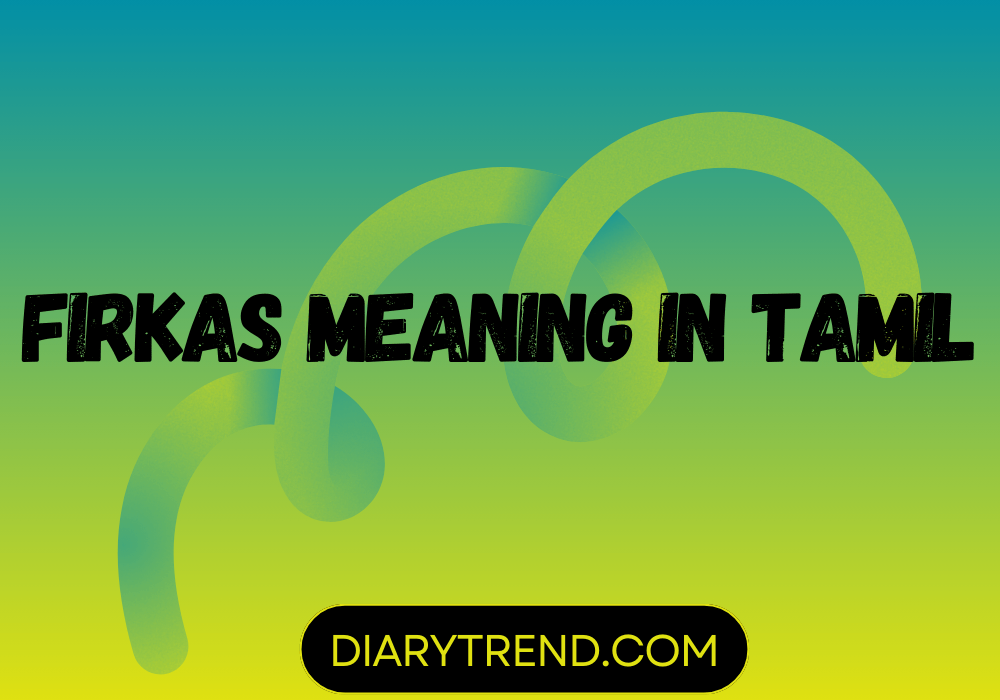In the realm of language translation, especially between languages as diverse as English and Tamil, certain words pose unique challenges. “Firkas,” a term not directly translatable or identifiable in Tamil, serves as a quintessential example of these challenges. This article delves into the complexities inherent in translating ambiguous terms and the richness of Tamil language and culture.
The Challenge of Translation
The quest to translate “firkas” into Tamil underscores a fundamental aspect of linguistic translation: not all words have direct equivalents. Languages are deeply rooted in the cultures and histories of their people. A word in one language might encapsulate concepts, histories, or cultural nuances absent in another. This disparity becomes evident in cases like “firkas,” where direct translation may not be feasible.
Tamil Language: A Cultural Beacon
Tamil, one of the world’s oldest living languages, boasts a rich literary and cultural heritage. With its origins dating back over 2,000 years, the language has evolved while preserving its classical roots. Tamil’s vocabulary is vast and deeply symbolic, often reflecting the region’s history, philosophy, and artistic traditions. This depth makes Tamil both fascinating and challenging for linguistic translation, especially for terms with no immediate cultural or historical parallel.
Linguistic Diversity and Identity
Tamil’s linguistic diversity is not just a matter of vocabulary but also of identity. The language is a pivotal element of Tamil identity, influencing art, literature, and social customs. When encountering words like “firkas” that don’t readily translate, it’s an opportunity to explore how languages handle external concepts. It’s a linguistic negotiation, blending the new with the traditional, often leading to the creation of new expressions or the adaptation of existing ones.
Conclusion
The journey to translate “firkas” into Tamil, while challenging, illuminates the broader complexities and joys of linguistic translation. It’s a reminder of how languages are living, breathing entities that continuously adapt and evolve. This process isn’t just about finding equivalent words; it’s about understanding and respecting the cultural and historical contexts that give languages their unique character and depth.
